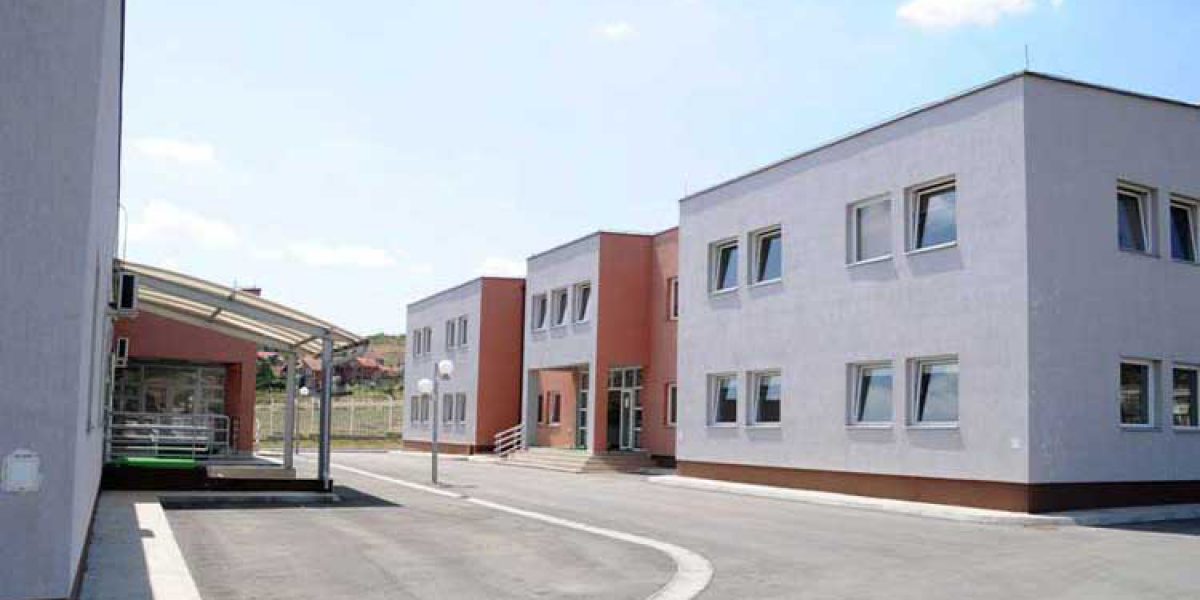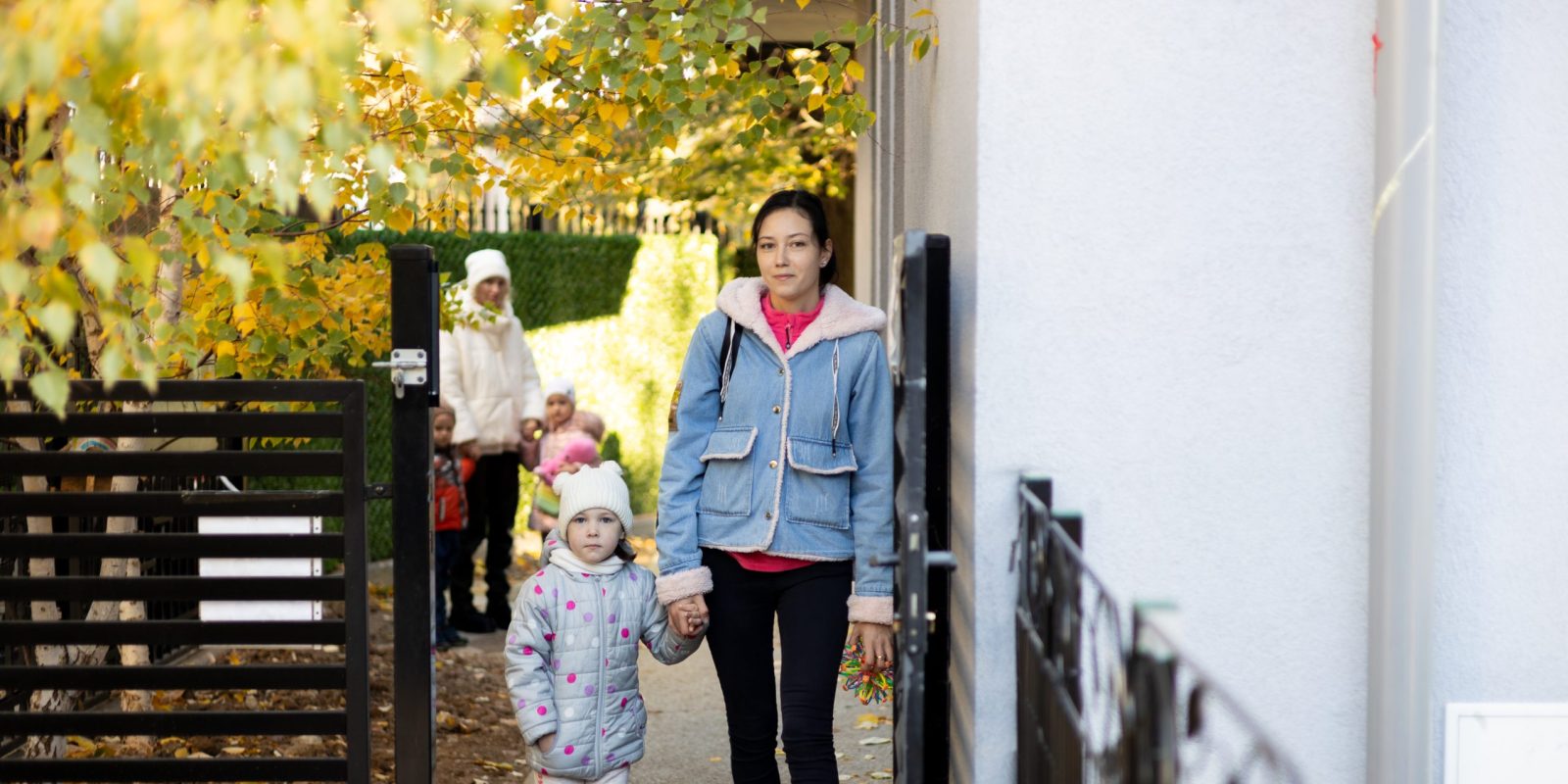
On 8 April a JRS Europe delegation visited the asylum centre in Kosovo, to learn more about the flows of asylum seekers in Southeast Europe. Built In 2010 with EU funds, the facility was intended to cope with a potentially large influx of asylum seekers.
The 60-bed facility was not enough for the 262 asylum seekers that came in 2012. Those who could not stay in the centre had to be put up in hotels. Fewer asylum seekers have come since. In 2013, only 62 were registered; at the time of our visit in April, there were just 13.
Most migrants and protection seekers travel through Kosovo without registering themselves to the authorities. During our visit to the asylum centre, the director explained that the vast majority of people who come to the centre leave on their own within weeks. Most people do not want to stay in Kosovo: it is difficult to integrate, jobs are scarce and little social assistance is available.
The asylum centre exemplifies this well. It is well-kept and clean. There is plenty of space for indoor and outdoor recreation. Private rooms, especially for families, are suitably large. Yet there is no money available to help asylum seekers pay for daily expenses, such as the bus fare to Pristina city centre located 25km away. There is a doctor’s office but no money to pay for medication.
JRS in Kosovo fills in many of these gaps. When medication is needed, JRS obtains it. When items such as wheelchairs, library books or hygienic packs are needed, JRS provides it.
Providing such services has enabled JRS to build good working relations with the asylum centre staff, and it permits JRS to meet individually with asylum seekers and to learn more about their needs. Still, these are responsibilities that ultimately belong to the state of Kosovo.
“The low number of asylum seekers is good in that it gives the Kosovar authorities time to plan for the future,” says Ms Carola Jimenez-Asenjo, JRS Europe’s Projects Development Coordinator and part of the visiting delegation.
“Asylum flows can change at short notice. The instability in Greece, the war in Syria and the EU’s continuous efforts to close its borders may give protection seekers no other choice but to stay in Kosovo. The country has to be prepared for that,” she says.
Kosovo is currently planning to build a detention centre for irregular migrants. The government’s aims are to prevent migrants from evading the authorities and to deport more migrants. Plans are to detain migrants for up to one year.
“Given the low numbers of migrants coming to Kosovo, we would rather have the government uses its few resources to ensure migrants and asylum seekers can live in the community and with dignity”, she concludes.
Asylum flows can change at short notice. The instability in Greece, the war in Syria and the EU’s continuous efforts to close its borders may give protection seekers no other choice but to stay in Kosovo. The country has to be prepared for that.

